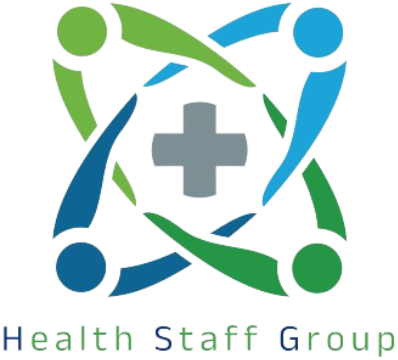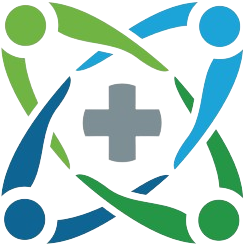The Healing Power of Laughter: Exploring Humor in Healthcare Settings
Healthcare settings. The words themselves conjure up images of sterile environments, hushed tones, and serious expressions. But what if we told you that a dose of laughter could be just as vital as the latest medication?
For centuries, anecdotes have circulated about the power of laughter to improve well-being. Now, science is catching up, confirming the physiological and psychological benefits of a good chuckle. This article dives into the world of humor in healthcare settings, exploring its impact on patients, staff, and the overall healing environment.
The Science Behind the Smile
Laughter isn’t just a fleeting emotional response; it’s a biological phenomenon with wide-ranging effects. Here’s a glimpse into what happens when we laugh:
- Reduced stress hormones: Laughter triggers the release of endorphins, natural painkillers that elevate mood and reduce stress hormones like cortisol. This can lead to lowered blood pressure and improved immune function.
- Increased oxygen intake: A hearty laugh expands the lungs, bringing in more oxygen and promoting relaxation. This is particularly beneficial for patients recovering from surgery or experiencing respiratory issues.
- Pain management: Laughter can act as a natural pain reliever by distracting from discomfort and reducing sensitivity.
- Boosted immune system: Studies suggest laughter may increase the production of antibodies, which bolsters the body’s defense system.
These physiological changes translate into a positive impact on mental health as well. Laughter:
- Elevates mood: It combats feelings of anxiety, depression, and fear, promoting a sense of optimism and hope.
- Strengthens social bonds: Shared laughter fosters a sense of connection and belonging, which is crucial for patients coping with isolation or loneliness.
- Improves coping mechanisms: Humor can help individuals reframe stressful situations and adopt a more positive outlook, leading to better coping skills.
Bringing Humor into the Hospital
The benefits of laughter are undeniable, but integrating humor into a traditionally serious setting requires a thoughtful approach. Here are some ways healthcare professionals can incorporate humor in a sensitive and appropriate manner:
- Create a lighthearted environment: Encourage patients to share funny stories or anecdotes. Decorate waiting rooms with lighthearted visuals or play upbeat music.
- Use humor judiciously: Be mindful of cultural sensitivities and individual situations. Never make jokes at a patient’s expense or about their illness.
- Lead by example: Healthcare professionals who themselves demonstrate a sense of humor can set the tone for a more positive environment.
- Embrace therapeutic clowning: Certified therapeutic clowns are trained professionals who use humor, improvisation, and play to bring joy and laughter to patients, particularly children.
- Utilize humor therapy programs: These programs, often facilitated by therapists, use humor exercises, games, and activities to help patients manage stress and anxiety.
Laughter: A Boon for Healthcare Staff Too
The healing power of laughter extends beyond patients. Healthcare professionals face immense stress and burnout. Humor can be a powerful tool for them as well:
- Reduces stress and burnout: Laughter provides a much-needed emotional release, boosting resilience and preventing burnout.
- Improves teamwork and communication: Shared laughter fosters strong bonds among staff members, leading to better communication and collaboration.
- Enhances patient interactions: A lighthearted approach can create a more positive and supportive atmosphere, improving patient interactions.
Hospitals and clinics can promote staff well-being by creating opportunities for humor, such as:
- Organizing team-building exercises with a fun element.
- Encouraging casual conversation and shared laughter during breaks.
- Recognizing and celebrating staff achievements with humor and lightheartedness.
Humor: Not a One-Size-Fits-All Remedy
While laughter offers tremendous benefits, it’s important to acknowledge that it’s not a universal cure.
- Individual sensitivities: Some patients may not be receptive to humor due to their condition, cultural background, or personal preferences.
- Timing is key: Humor during a painful procedure or when a patient is feeling overwhelmed would be inappropriate.
- Respecting boundaries: Always respect a patient’s right to not be in the mood for laughter.
Healthcare professionals should be sensitive to these nuances and tailor their approach accordingly.
The Final Giggle
Laughter is a powerful tool that can be readily integrated into healthcare settings. By incorporating humor thoughtfully and respectfully, healthcare professionals can create a more positive and healing environment for both patients and staff. After all, sometimes the best medicine is a good laugh.








